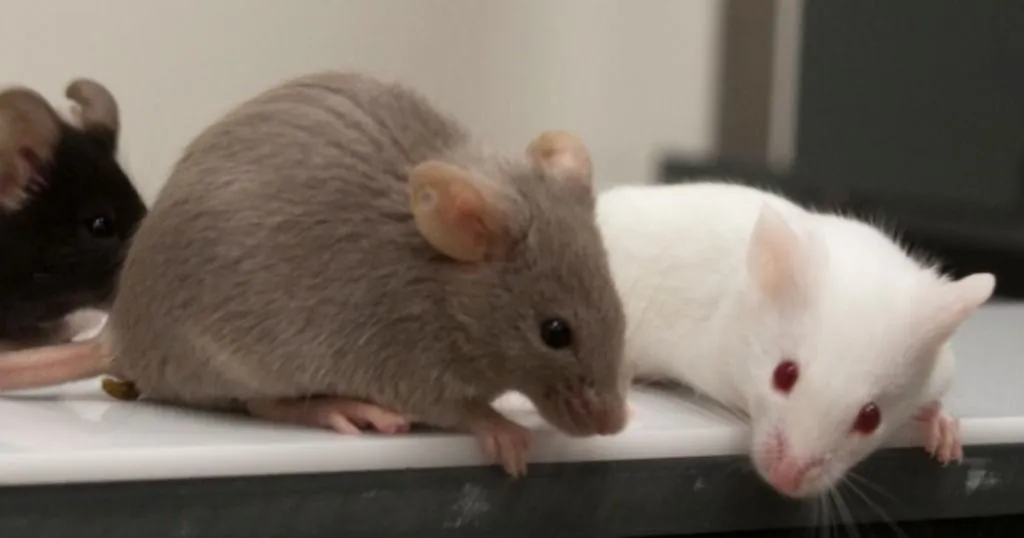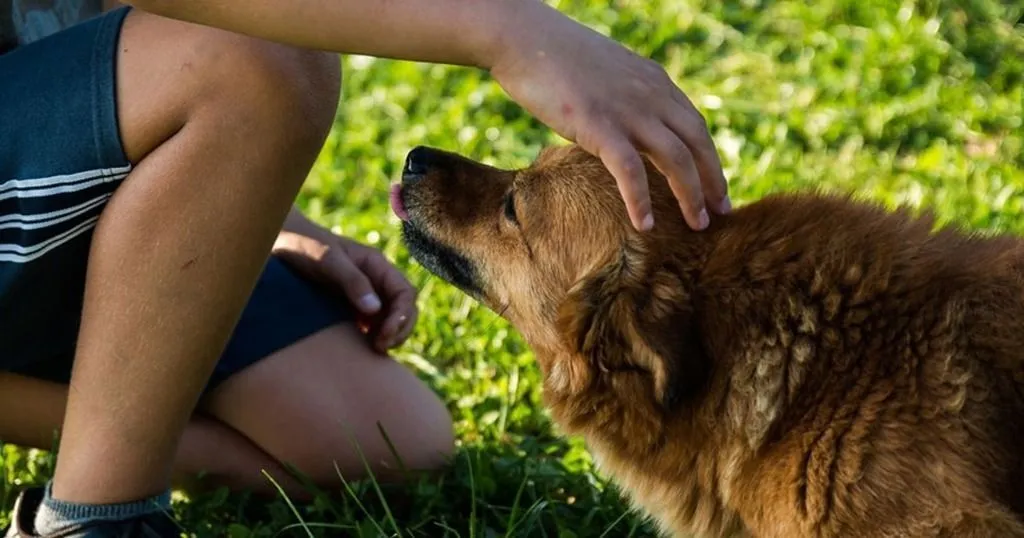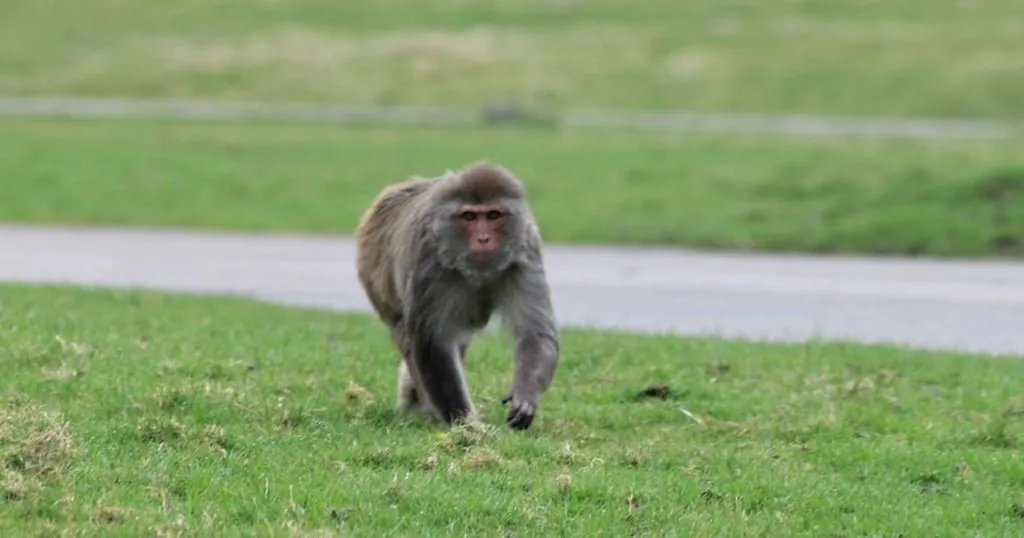Blog posts tagged with the observer xt

06 Dec
human behavior research
Consumer
What behaviors to focus on – Airport passenger experiences
To learn more about airport design and to investigate how to make time at an airport more enjoyable, Livingstone et al. undertook a study into passenger experience.

29 Nov
human behavior research
Psychology
Three examples of autism research studies
Knowledge is the key to developing a better understanding of autism. Researchers often observe and code behavior in combination with other research methods.

20 Sep
human behavior research
Human Factors
Why observe driver behavior and distraction
Listening to your favorite music in your car can have a very uplifting effect and can help create a pleasant atmosphere. Also, having a conversation while driving can be a very efficient way of spending your time.

16 Aug
animal behavior research
Alzheimer’s and Parkinson’s
Drunken mice get aggressive on Alzheimer’s drugs
Will there ever be a cure for alcoholism? Well, some laboratory studies show that certain drugs might stop the cravings. But they might also cause serious side-effects such as aggressive behavior.

09 Aug
animal behavior research
Social Behavior
A story of dogs and dolls
When finding the right dog for yourself, you probably won’t choose an aggressive one, will you? You don’t want it to attack your friends, kids, or other dogs. You could try using a temperament test, but how reliable are they?

30 Jul
animal behavior research
Social Behavior
Unraveling primate behavior, why do monkeys rub their fur?
Did you know that tufted capuchin monkeys (Cebus apella) rub their fur vigorously with substances such as leaves, fruit, or insects? Such substances are often insecticidal, antiseptic, or anti-inflammatory.

30 Jul
animal behavior research
Social Behavior
Secret sex and promiscuity - Mating behavior of Rhesus monkeys
In Rhesus monkeys the optimal sexual strategy is different for Alpha males, other males and females. Alpha males want females to mate exclusively with them, whereas other males and females benefit from promiscuity.

18 Jul
human behavior research
Human Factors
Human-robot interaction in remote friendships and family relations
Don’t you miss the touch of a loved-one when they are far-away? Skype and a number of other communication channels are great solutions to talk and even video chat when you are apart.

02 Jul
human behavior research
Healthcare
Nurse patient interaction - two coding schemes
The world's population is ageing. International dementia and Alzheimer organizations state that there are an estimated 36 million people worldwide with dementia.

29 May
human behavior research
Psychology
Infant behavior experiments
When a baby is born prematurely, this baby and his or her parents often experience a rough start. You can think about eating problems, high risk of infection, or even anemia.